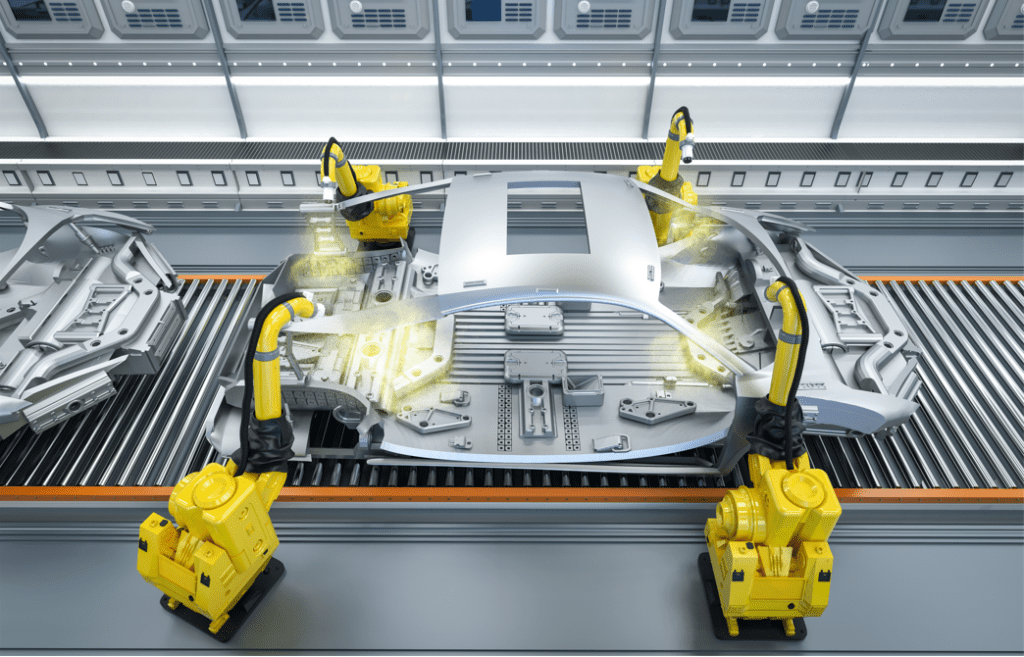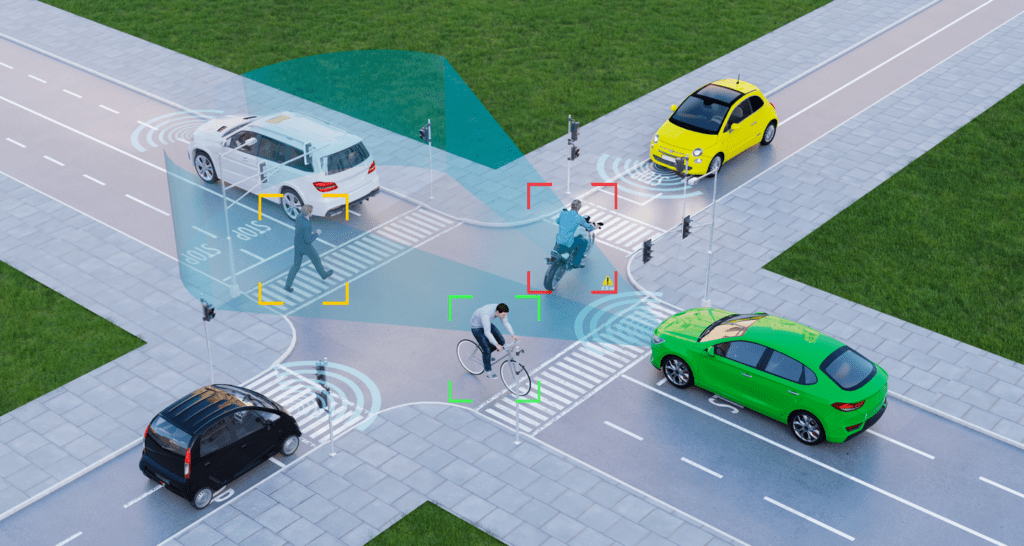Structural design challenges affecting the achievement of high efficiency in perovskite-based solar cells
The development of perovskite-based solar cells has witnessed significant improvements over the past two decades. This development has triggered more research to increase the power conversion efficiency (PCE) to 25%, thus increasing the photovoltaic performance of perovskite solar cells. The development of solid-state perovskite solar cells began in 2012. Ever since, researchers have continued to …









